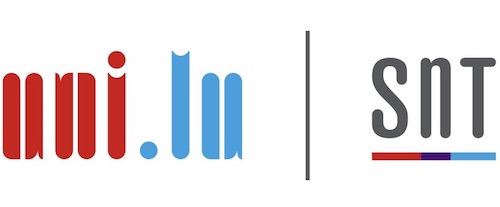
Interdisciplinary Research Group in Socio-technical Cybersecurity
A Framework for Analyzing Verifiability in Traditional and Electronic Exams
Abstract:
The main concern for institutions that organize exams is to detect when students cheat. Actually more frauds are possible and even authorities can be dishonest. If institutions wish to keep exams a trustworthy business, anyone and not only the authorities should be allowed to look into an exam’s records and verify the presence or the absence of frauds. In short, exams should be verifiable. However, what verifiability means for exams is unclear and no tool to analyze an exam’s verifiability is available. In this paper we address both issues: we formalize several individual and universal verifiability properties for traditional and electronic exams, so proposing a set of verifiability properties and clarifying their meaning, then we implement our framework in ProVerif, so making it a tool to analyze exam verifiability. We validate our framework by analyzing the verifiability of two existing exam systems – an electronic and a paper-and-pencil system.
Authors:
Jannik Dreier, Rosario Giustolisi, Ali Kassem, Pascal Lafourcade, Gabriele Lenzini
Publication date:
2015
Published
in:
in:
Lecture Notes in Computer Science
Reference:
Dreier, J., Giustolisi, R., Kassem, A., Lafourcade, P., & Lenzini, G. (2015, May). A framework for analyzing verifiability in traditional and electronic exams. In International Conference on Information Security Practice and Experience (pp. 514-529). Springer, Cham.
Get in touch with us
SnT – Interdisciplinary Centre for Security, Reliability and Trust
Maison du Nombre, 6, avenue de la Fonte L-4364 Esch-sur-Alzette
info-irisc-lab@uni.lu
